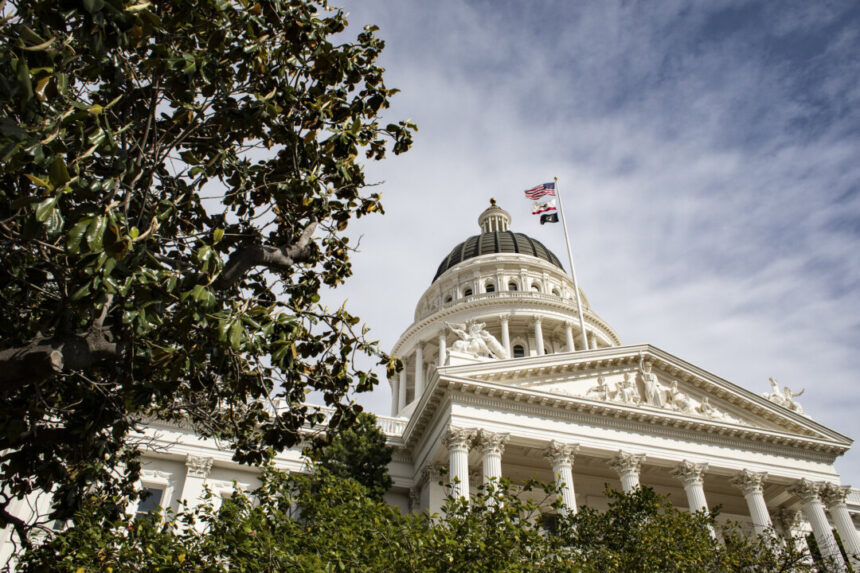The California Supreme Court unanimously ruled in favor of Governor Gavin Newsom and the Legislature’s request to remove a ballot measure that aimed to make it harder for the government to raise taxes. The measure would have required voter approval for tax hikes and expanded the definition of taxes, but the court deemed it unconstitutional. The court’s opinion, written by Justice Goodwin H. Liu, stated that the initiative violated the state’s Constitution by revising, not amending it, and would require a Constitutional Convention or a two-thirds vote from the Legislature. The ruling prevents the initiative from appearing on the November ballot or in the voter information guide. The court found that the initiative would significantly impact the government’s ability to raise revenues and respond to emergencies, leading to delays and potential distrust in the initiative process.
According to Ms. Prinzing, the proposed measure would significantly alter the government’s authority to collect revenue as outlined in the California Constitution. She argued that historically, the Legislature has had the power to levy taxes, but this right would be taken away if voters approved the measure.
Ms. Prinzing stated, “This measure would strip away that authority for the first time in California’s history and transfer it to the voters. This change could jeopardize the government’s ability to provide essential services.”
Supporters of the measure contended that the Legislature’s power is balanced by the will of the people.
Thomas Hiltachk, the attorney representing the measure, and its supporters, told the court, “Voter approval has always been a part of California’s political landscape, and extending it to other areas is reasonable. Essentially, we have a system where legislative power is shared between the people and the Legislature, with the final say belonging to the people.”
Hiltachk emphasized that these rights are granted to the electorate by the state Constitution, which has always maintained that political power resides in the people.
Some lawmakers expressed a preference for giving voters a voice in this decision.
After the court’s ruling, Senate Minority Leader Brian W. Jones criticized the decision, stating, “I’m appalled. The court has neglected its responsibility to the people of California and our democratic process.”
With the deadline for action approaching on June 27, there is limited time for proponents to pursue legal avenues to have the measure included on this year’s ballot. However, a revised version of the initiative addressing the court’s objections could be considered for a future election in 2026 or 2028.






